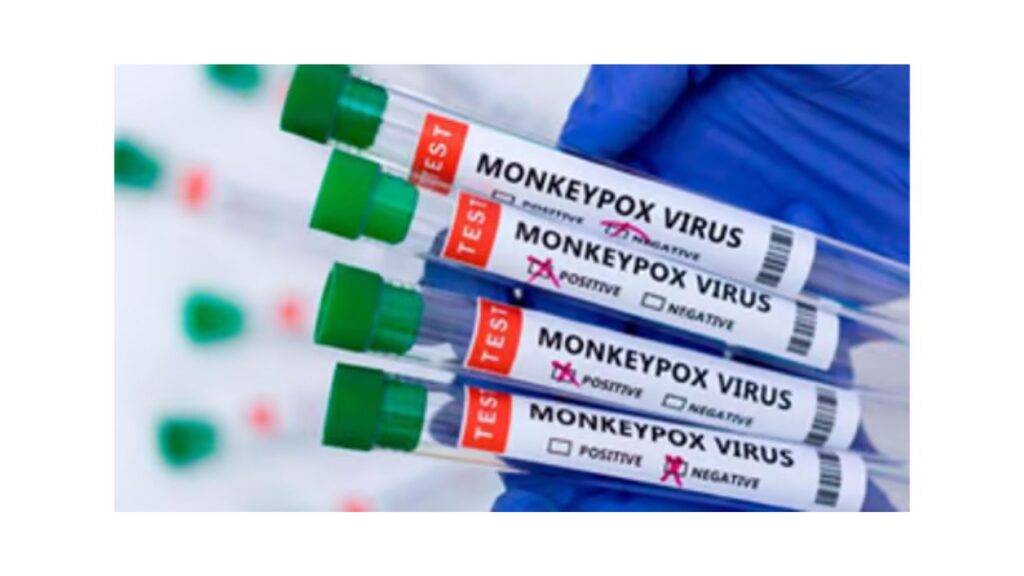The health ministry reports that samples taken from the man are being tested to determine whether Mpox is present.
The Union health ministry announced on Friday that a young male patient who just returned from a nation where the Mpox virus is still spreading has been identified as a possible case of the illness. According to reports, the patient is in stable condition and has been placed in isolation at a designated hospital.
The Union health ministry announced on Friday that a young male patient who just returned from a nation where the Mpox virus is still spreading has been identified as a possible case of the illness. According to reports, the patient is in stable condition and has been placed in isolation at a designated hospital.
“Tests are being performed on patient samples to verify the presence of Mpox. The ministry released a statement saying, “The case is being handled in accordance with established protocols, and contact tracing is ongoing to identify potential sources and assess the impact within the country.”
Assuring that the development is consistent with earlier risk assessments carried out by the National Center for Disease Control (NCDC), the government has given assurances that the situation is under control.
“There’s no reason to worry excessively,” the ministry declared. “The nation has strong protocols in place to manage and mitigate any potential risk, and is fully equipped to deal with such an isolated travel-related case.”
Three weeks after the World Health Organization (WHO) deemed the outbreaks in 12 African countries to be a global emergency, a suspected case of mpox was discovered in India.
In the meantime, the WHO and the Africa Centers for Disease Control and Prevention on Friday unveiled a plan for responding to the Mpox outbreak across the continent. According to Dr. Jean Kaseya, director-general of the Africa CDC, the six-month plan, which has an estimated budget of nearly $600 million, will prioritize community engagement, laboratory testing, and surveillance.
The European Union, through its health emergency agency HERA, donated the first batch of 100,000 doses of the JYNNEOS vaccine to Congo on Thursday.
These vaccinations are thought to be essential for safeguarding vulnerable groups and healthcare professionals. The doses obtained, nevertheless, only make up a small portion of the 3 million vaccinations required to put an end to the outbreak in the Congo, which is still the center of the world health crisis.
Kaseya affirmed that sex workers and adults who have had intimate contact with infected people will be the first groups to receive the vaccine. The start date of the immunization campaign is still unknown, though. A decision is anticipated by the end of the month regarding the data that the European Medicines Agency is assessing for possible administration to children between the ages of 12 and 17.
